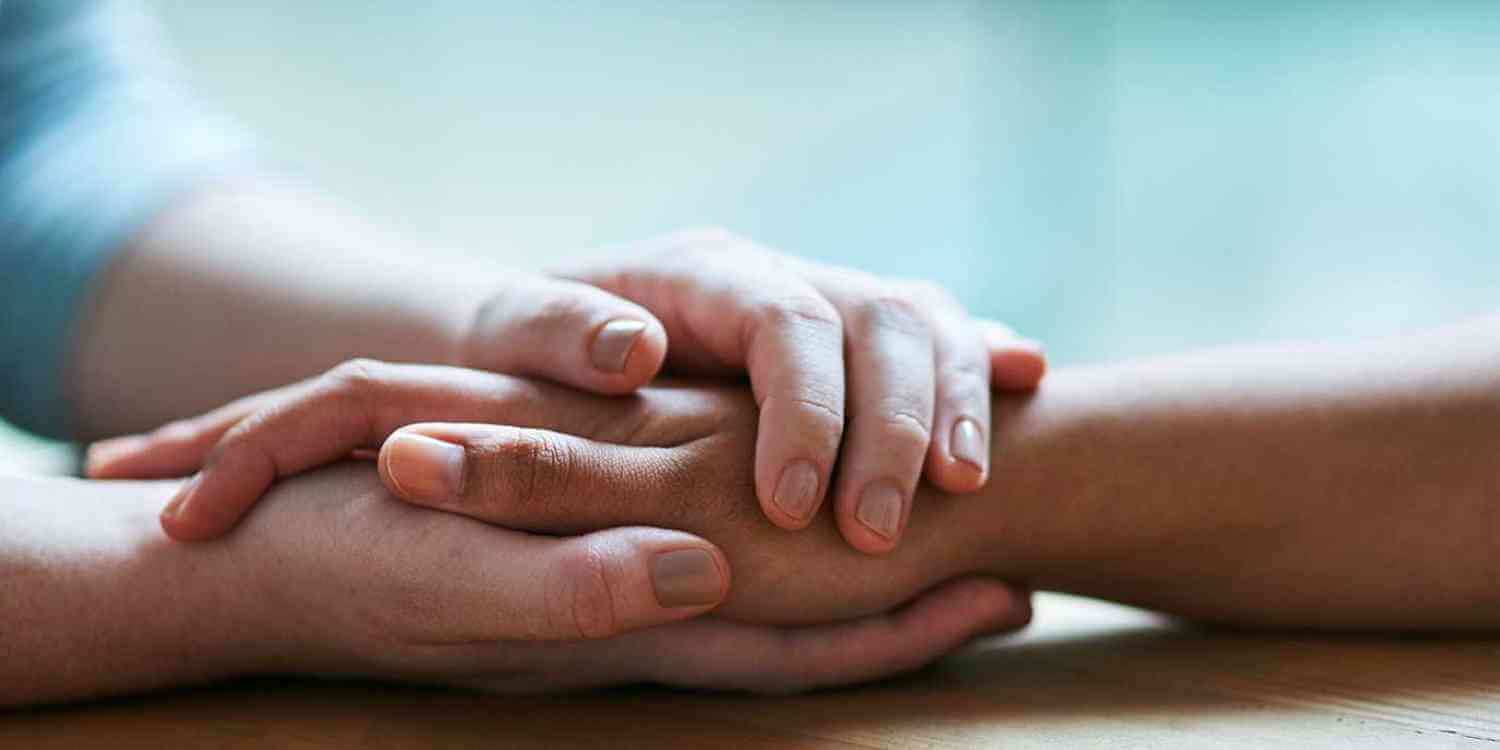The amount of courage it takes to give up an addiction and step into recovery is extraordinary. It a choice to let go of the ability to numb grief, anxiety, depression, and a plethora of other difficult emotions and learn new ways to cope. It is not an easy journey and it cannot be done alone. The role of loved ones in the recovery process is vital. If loved ones can do the hard work alongside their child, spouse, sibling, parent, or friend, the ability to reconnect can lead to a deeper bond and trust that may have never previously existed.
Here are 5 tips for helping your loved one feeling supported in their recovery journey:
Practice empathy
Empathy is NOT the same thing as sympathy. We show sympathy when we can relate to the loss; sympathy is reserved for something you have also been through, i.e. a break-up, a friend that moves away. Empathy, however, is much deeper. Empathy means “I see you and although I don’t know how it feels, I am willing to sit in these sad feelings with you and listen. I am here for you.” Empathy is imperative in all areas of our lives and it is not a perfect practice. Show yourself grace when you make a mistake. Apologize, then try again, but the idea that you’re willing to show up during the challenges in recovery shows your loved one stability and builds trust.
Make room for connection
Connection is a necessity for human survival. Swiss writer Johann Hari stated that “the opposite of addiction is connection.” He explains that loving an addict is hard, but it’s not about threatening to walk away if they are not quite ready for sobriety. It means again to connect by sitting with your loved one, not trying to fix. Simply showing up and saying, “I love you, I am here for you.” Though love is unconditional, it does not mean you cannot set boundaries, which help to avoid enabling.
Get educated
It is important to learn about addiction and how drugs and alcohol impact the brain and body. It is hard for people in early recovery or those still considering recovery to hear, “Why can’t you just stop?” Many parts of the addicted person may want to stop, but addiction is like any disease: it takes time to heal. There are no quick fixes. You are not alone; there are many loved ones who want to get educated and there are many resources. If you are interested in getting educated, join a family support group, Al-Anon, or Families Anonymous.
Get help for yourself
Self-care and mental health are crucial, so finding your own therapist to process your experience is helpful in many ways. It is a good outlet to process how you are taking care of yourself while loving someone in early recovery. It’s also a great opportunity to explore your communication styles and your own resentments with an unbiased, neutral person.
Forgive yourself
Loving someone in recovery will not always be easy; it requires strength and it also requires self-forgiveness. As you work to support your loved one, do not let the dynamics turn into a blame game. No one can heal alone, and it is not one person’s fault. You will get frustrated and resentments may surface, but forgive yourself, take a breath, and start again.
There is no one perfect way to support your loved one in addiction. You will make mistakes; you may argue or offend. However, keep showing up willing to connect with grace and empathy, and you will strengthen your relationships and promote the healing process. It is a challenge to watch the one you love struggle with addiction, but all the greatest battles experience obstacles. If you are doing any of the work, you are on the path to becoming a strong, connected family that wins the war.
If you or a loved one is struggling with addiction, Mountainside can help.
Click here or call (888) 833-4676 to speak with one of our addiction treatment experts.

 By
By 







